Stati di Densità
States of Density. Generative art based on algorithmic action painting\\ Collection on OBJKT
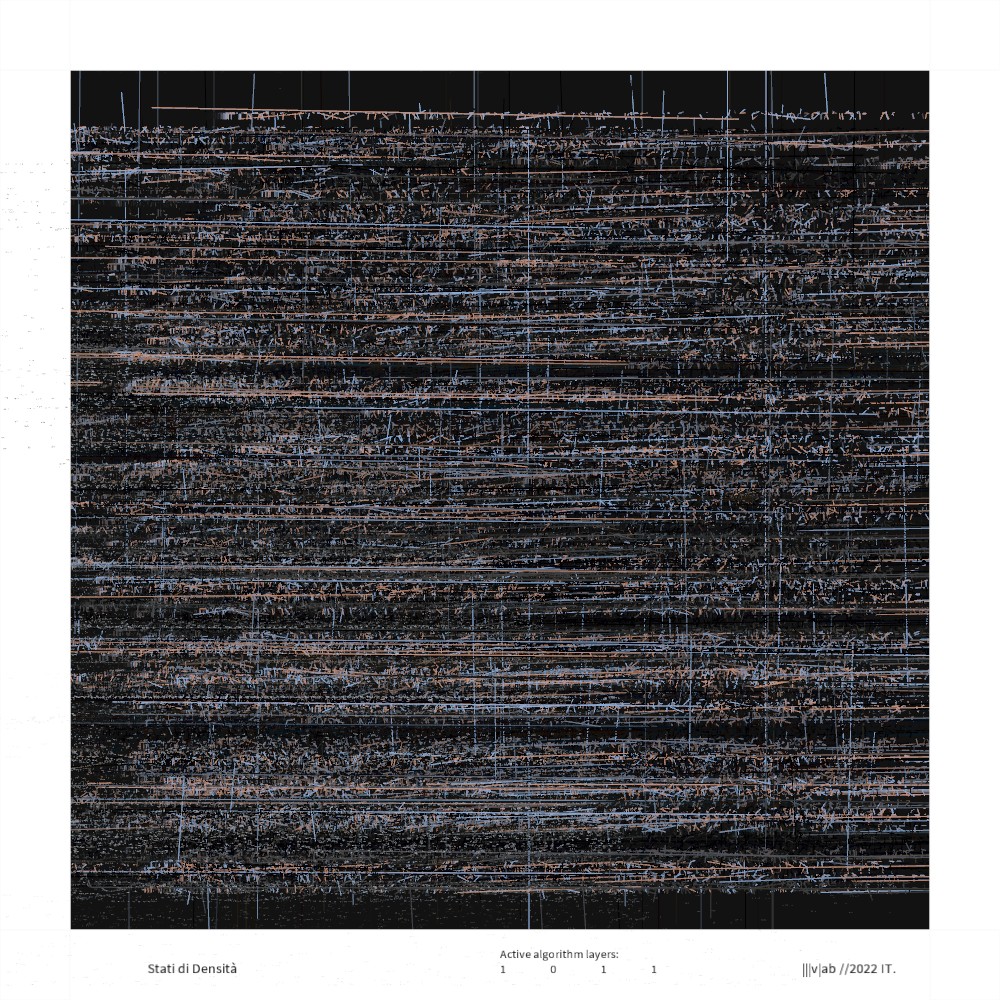
Figure 1: square
1. Noise and Silence
States of Density participate in the creation of noise but, as well, of the silence,
The noise is undifferentiated, everything there is indiscernible…it is a saturation of differences…no difference or complete difference produce the undifferentiated. Hearing is lost in silence and noise as well." Noise and silence are conceptually similar. pag. 206 "Genesi" Michel Serres, 1985]
Noise and silence exist in painting, an overload of form, traits, and colors, a density that lets the view get lost in the image just as it happens with the minimal density, the total absence of elements.
The noise determines an imbalance, the loos of logic, a way of getting lost of thought, its disintegration, but noise is not chaos. Chaos also presupposes an infinite transformation to more chaos, a chaotic organization. Noise is the continuum of itself without rules.
Noise breaks with the hyper realistic expressive pursuit of 3D modeling, of the search for the beautiful clean perfection, or the dissimilarity generated by a learning machine. It breaks also with the abstract "beauty" that forcibly seeks a balance of colors, of forms, of "emotions". "Emotions" should not take part in the creative process, a process based on curiosity, research, abstraction fo the "real". "Emotions" can take over at the moment of contemplating a creation or an artistic production.
In that sense these artworks are similar to a form of Action Painting, where the painting is only the point of end of a conceptual, and technical process of preparation. In other words, while at the final stage the random process, and its evolution, take a very important role, in the process of conceptualizing there is an extremely rigorous elaboration. A code can produce as much random outputs, but on the other hand, the code that produces that output needs to be written according to certain mathematical principle. Thus not only the painting is abstraction but so too the techniques become a form of abstraction of the method.
It is therefore important to reiterate that Action Denstity like "Action Painting" are not the result of distributed emotion on a "canvas," but rather the result of both a conceptual and an absolutely rigorous preliminary studies, that explore the limits of the space, the canvas as a limit, the limits of color, shapes, in the way they also blend in a surface.
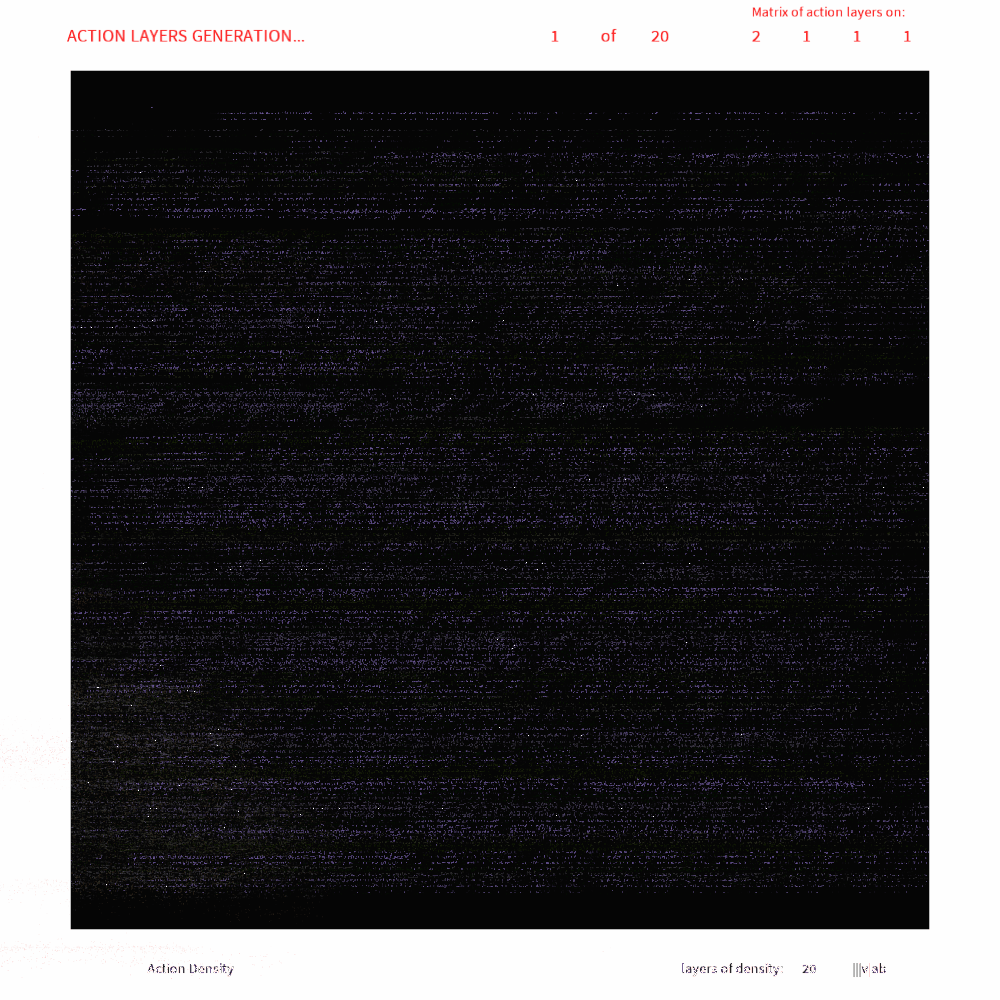
Figure 2: Gif version (small 800x800, sketch studies). In this you see the number of layers the will be generated and you see the generation layer by layer(and wich generating part of the layer is on and which on is OFF). For demonstration purposes this gif produce an infinte loop. The actual artwork stops after all layers are genearated.
2. This is how the algorithm behaves
In this work, States of Density, the writing of the algorithm represents precisely the abstraction of the creative method. A series of functions from which the algorithm chooses in an aleatory form, however, with certain weights, certain percentages that advantage one action over another. There are four layers, four different algorithms that in turn are randomly activated. But, importantly, even when it is activated it still remains the choice to draw or not to draw and to choose in which way, between dot and lines.
Some examples follow, some possible expolations, and others that will will follow and I will add in the coming weeks. Once the contextualized the creative, mathematical process, the code in short, the production becomes almost serial.
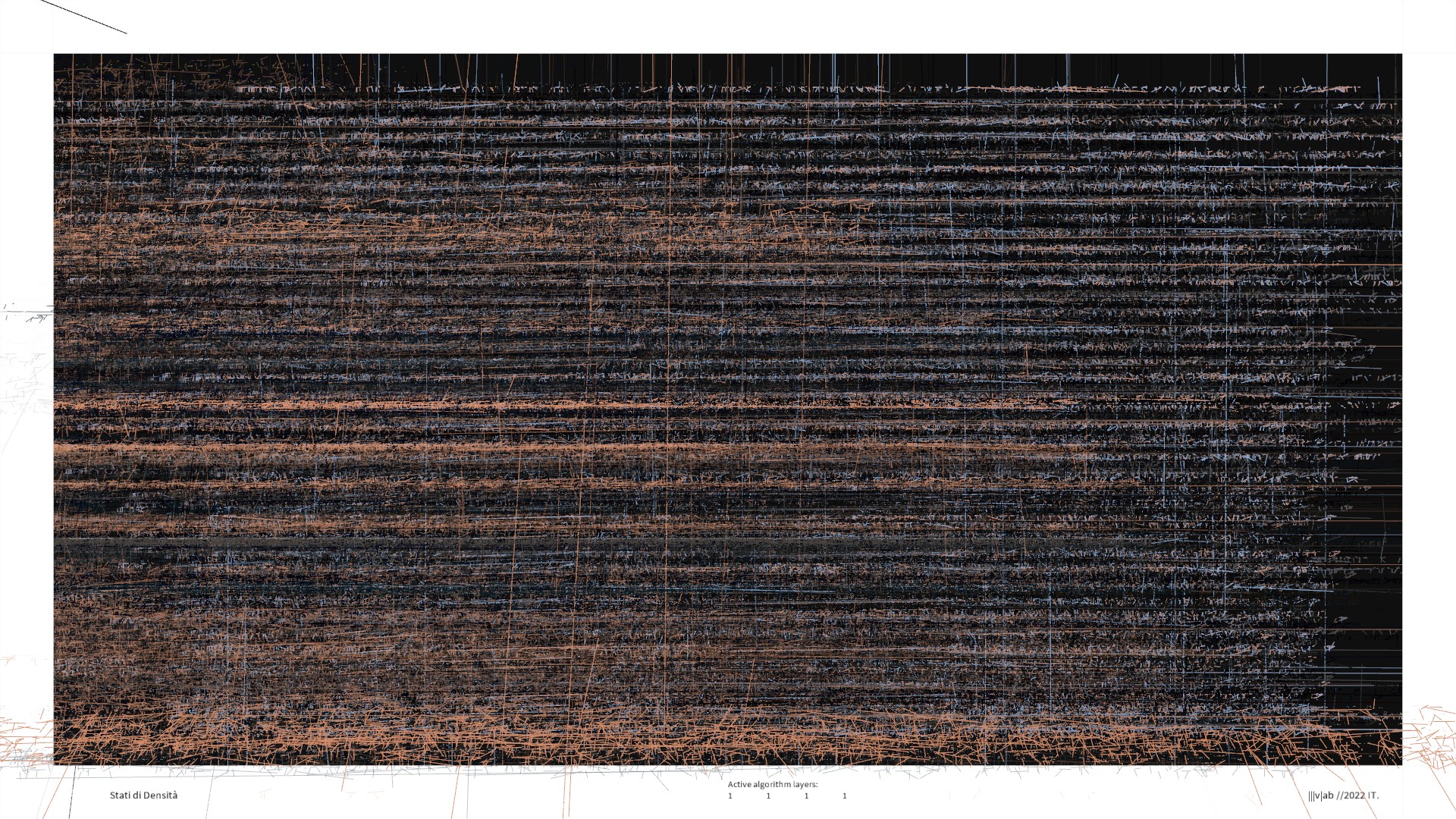
Figure 3: rectangular 16:9: the shape depends on the screen in which it is generated. The number represents which layers is ON and which one is OFF in this specific output
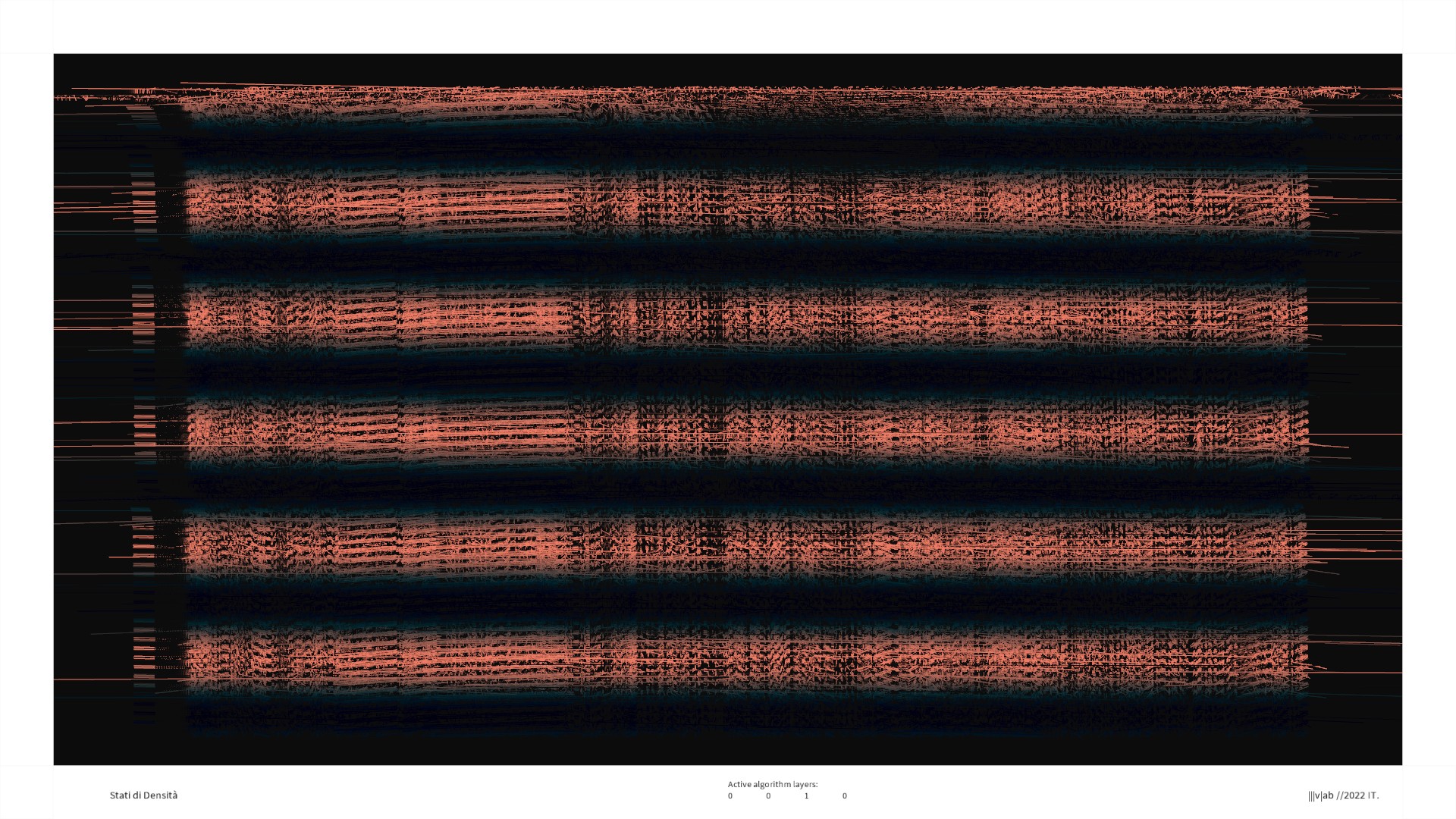
Figure 4: rectangular 16:9: the shape depends on the screen in which it is generated. The number represents which layers is ON and which one is OFF in this specific output
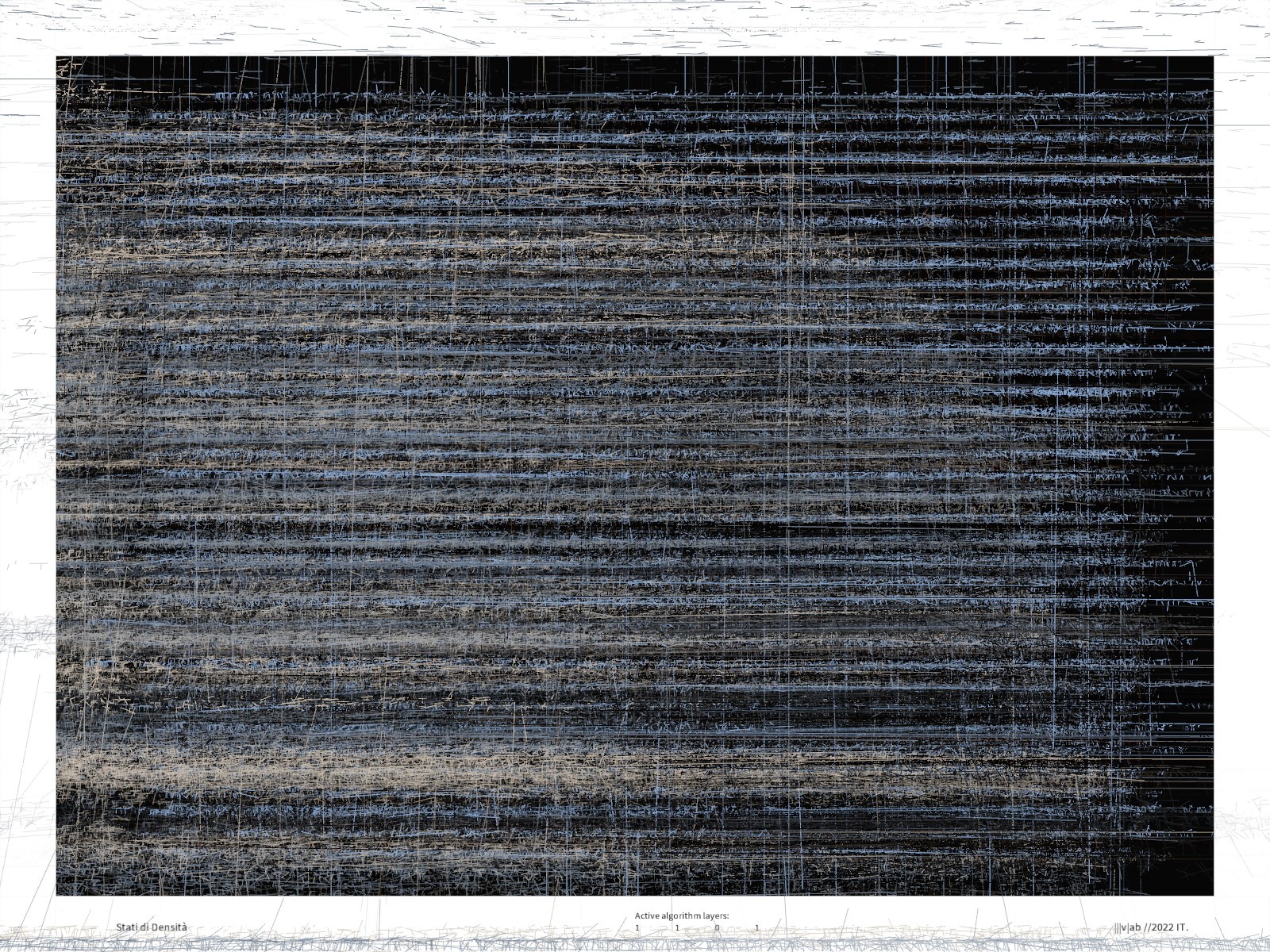
Figure 5: rectangular 4:3: the shape depends on the screen in which it is generated. The number represents which layers is ON and which one is OFF in this specific output
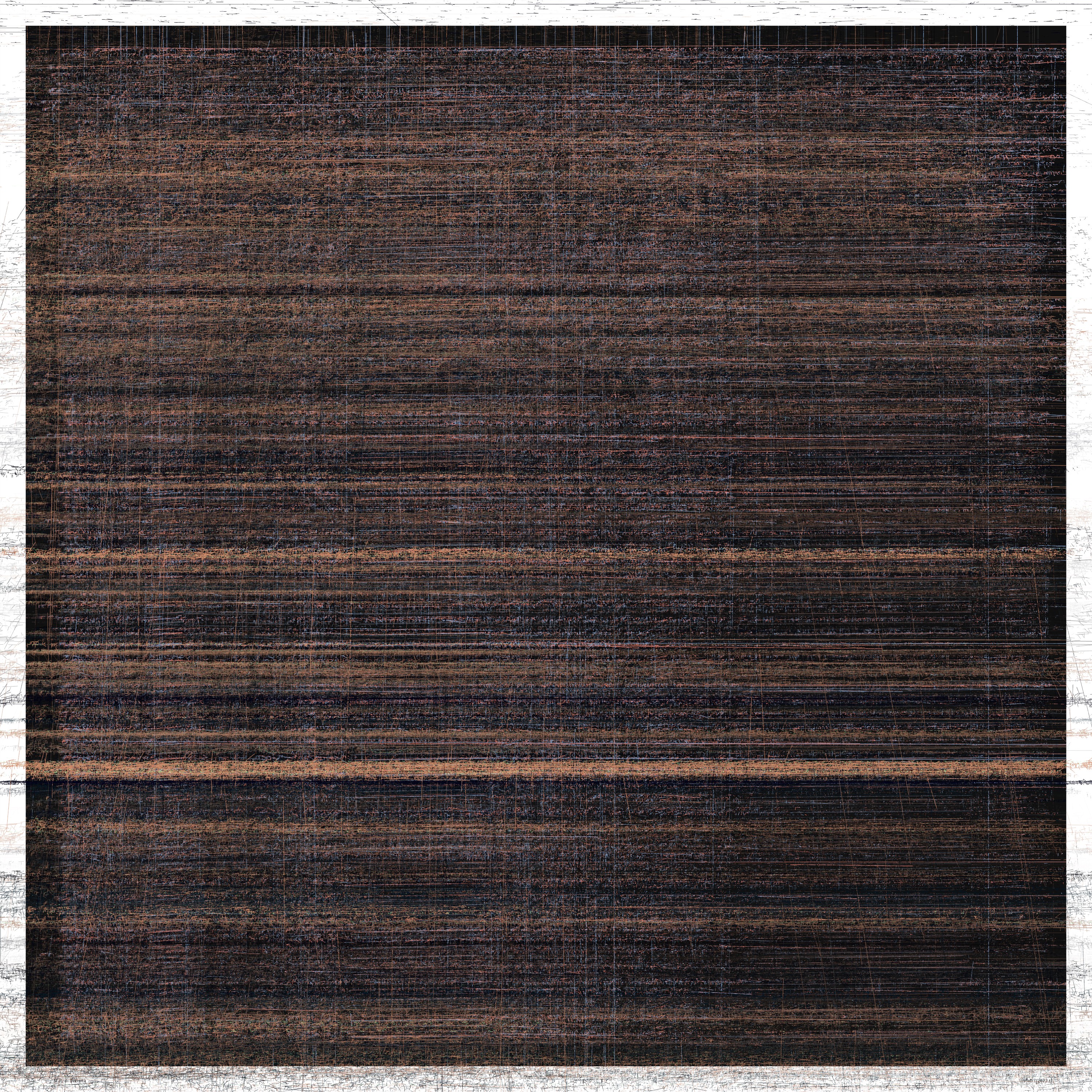
Figure 6: big square 3000x3000: the shape depends on the screen in which it is generated. The number represents which layers is ON and which one is OFF in this specific output
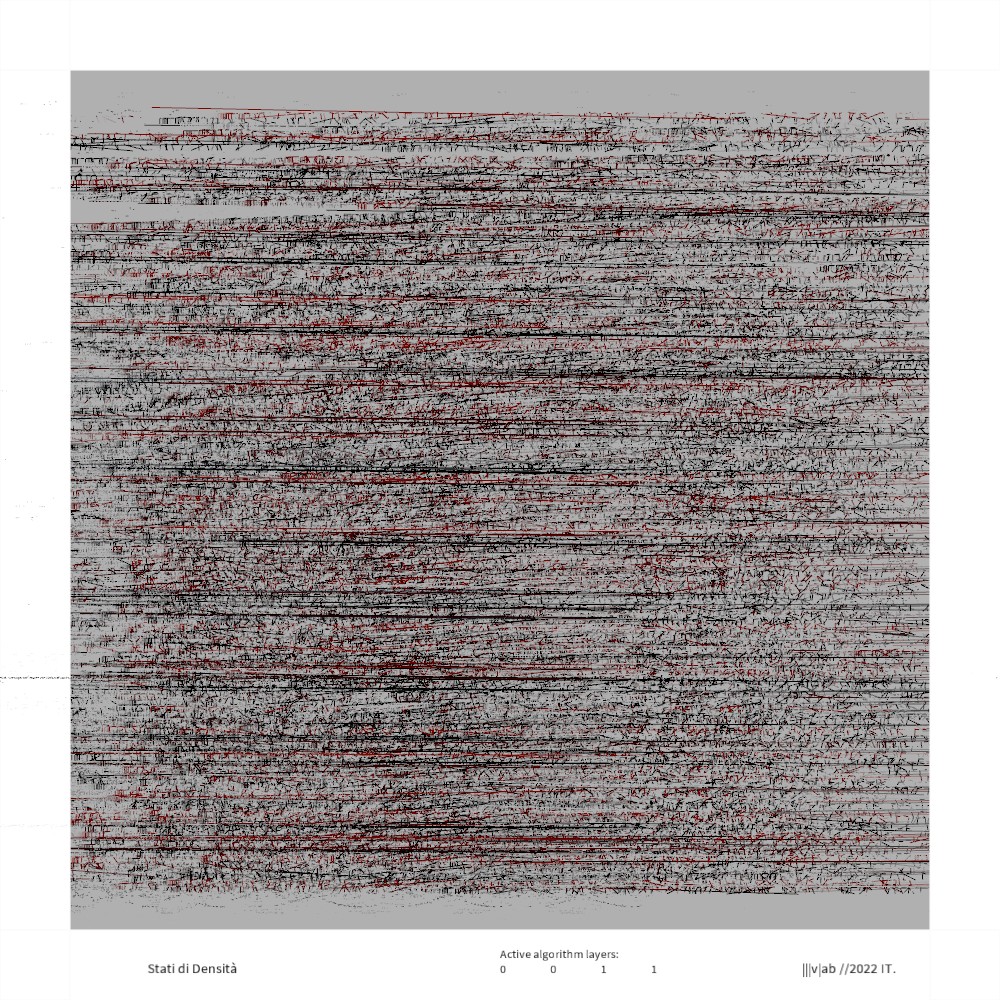
Figure 7: square 1000x1000: